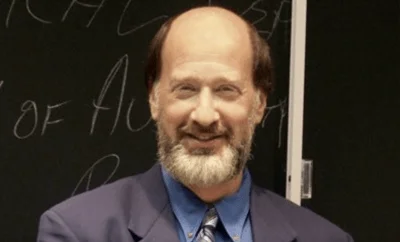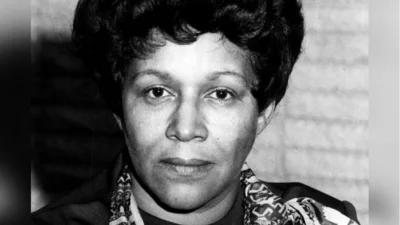Faiq Mihlar, Managing Member of Heavner, Beyers & Mihlar LLC | Heavner, Beyers & Mihlar Website
Faiq Mihlar, Managing Member of Heavner, Beyers & Mihlar LLC | Heavner, Beyers & Mihlar Website
The City of Chicago has engaged the services of Heavner, Beyers & Mihlar LLC to manage collections on unpaid city debts, including traffic fines, utility bills, and property claims. This arrangement operates under a contingency-fee agreement, as revealed by documents obtained through a Freedom of Information Act (FOIA) request.
Heavner, Beyers & Mihlar LLC is a women-owned law firm headquartered in Illinois, with additional offices in Missouri and Indiana. The firm specializes in collections and creditor rights and is actively involved in professional bar and creditor associations. It employs CollectMax software for debt collection management and has successfully passed audits conducted by national banks.
According to the engagement letter dated September 23, 2024, the City of Chicago appointed Heavner as Special Assistant Corporation Counsel. The firm is tasked with collecting various unpaid city debts such as ordinance violations, utility charges, property damage, and subrogation claims. The agreement specifies contingency fees ranging from 18% to 30%, depending on the type of debt.
Under this contract, Heavner is permitted to execute judgments and pursue collections without needing prior written authorization from the City. The firm must submit monthly progress reports in a format specified by the City and adhere to PCI Data Security Standards when handling payment data.
The terms of engagement require Heavner to remit proceeds from collections either daily or weekly to the City of Chicago. Each remittance should include detailed information to ensure correct allocation of payments to accounts. Notably, utility payments made within 20 days following a shutoff notice are exempt from contingency fees.
A white paper published in July 2025 by the Washington Legal Foundation and authored by former Nebraska Attorney General Doug Peterson critiques local governments' use of contingency-fee arrangements. It highlights potential conflicts with state parens patriae authority and issues related to legal accountability while advocating for clearer limitations on municipal litigation authority.






 Alerts Sign-up
Alerts Sign-up